Event and Ticketing Details
Dates & Times
Location
The Edge, Fed Square
The Atrium Flinders Street Federation Square Melbourne Victoria 3000
Get directionsThe Edge, Fed Square
The Atrium Flinders Street Federation Square Melbourne Victoria 3000
Get directionsDownload the audio for this debate here (mp3, 52.1mb, 1:48:26). We’ll have a video soon.
Climate change is intensifying, but along with the repeal of the carbon tax, the price of coal has dropped – making it more appealing as an energy source. What lies ahead … for Australia and the world?
The Australian economy is largely propped up by coal, but is the end in sight? Is China, for instance, as reliant on Australian coal as we’re led to believe? And while many in the industry accept the science around climate change, what are the viable alternatives of energy supply to developing countries – is coal the only affordable option for those striving to escape poverty and destitution?
Renewable energy has not yet been developed at a rate (and for a price) that makes it a viable large-scale substitute for coal. Which begs the question: is our whole model flawed? The future of energy distribution could be local rather than centralised, with rooftops, co-generation plants and other small-scale technologies playing a vital role – avoiding the need for large systems of infrastructure for distribution.
Looking beyond the nuts and bolts of technology, what is the impact on communities of moving away from coal? Are we indifferent to the eclipse of the long history of coal mining? And what will happen to the communities that were once defined by it?
· Bob Brown, former leader of the Australian Greens
· Professor Mike Sandiford, director Melbourne Energy Institute
· Lane Crockett, Executive General Manager, Pacific Hydro
· Dr Richard Aldous, CEO CO2CRC
· Dr Nikki Williams, former head of the Australian Coal Association
· Sinclair Davidson, professor of institutional economics at the School of Economics, Finance and Marketing RMIT, and senior fellow at the Institute of Public Affairs
Our Intelligence Squared debates broach society’s major questions – with knowledgeable, passionate panellists discussing polarising and very relevant dilemmas. In these highly participatory events, each team has equal time to make their arguments. When all is said, the victor depends entirely on your vote.

Dr Nikki Williams is a non-executive director of both Tellus Holdings and Neuroscience Research Australia and chairman of the NeuRA Foundation. She is an ambassador of the Australian Indigenous Education Foundation and patron of Women in Mining (NSW).
Previous roles include CEO and company secretary of the Australian Coal Association, the ACA Low Emission Technology Fund, the NSW Minerals Council and the Plastics and Chemical Industries Association.
Dr Williams has served as the coal industry shareholder overseeing the investments and performance of Coal Services PL and as a trustee of the AusCoal Superannuation Fund. Prior to her return to Australia, she held senior marketing and business development roles working the African, Asian and European geographies with Shell International, operating in both coal and LNG.
She started her career with Esso Australia as an industrial relations officer. She has expertise in the areas of climate change, energy and industry policy and trade negotiations.
Dr Williams has held an array of memberships throughout her career, including the Coal Industry Advisory Board of the International Energy Agency; CSIRO’s Energy Strategic Advisory Committee; Coal Innovation NSW; the Centre for Rural and Remote Mental Health Advisory Committee; the NSW Government’s Coal and Gas Strategy Reference Group and Ministerial Minerals Advisory Board; the Victorian Government’s Hazardous Waste Consultative Committee; and the Fund Board of the International Baccalaureate Organisation.
She was an accredited energy expert with the UN’s Economic Commission for Europe and chair of the Federal Government’s Industry Advisory Board for Chemicals. She holds a PhD in international relations in the field of terrorism.
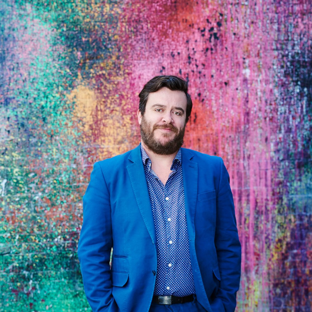
Michael Williams is the editor of The Monthly. He was previously the Artistic Director of Sydney Writers’ Festival. He has spent the past decade at the Wheeler Centre for Books, Writing and Ideas in Melbourne as ...
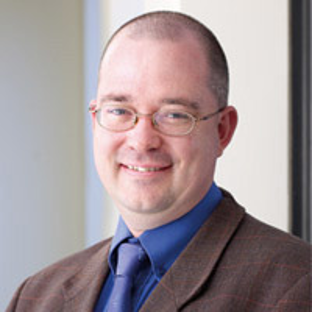
Sinclair Davidson is a professor in the School of Economics, Finance and Marketing at RMIT University and a Senior Fellow at the Institute of Public Affairs.
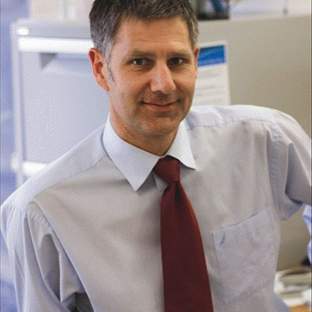
Lane Crockett is the Executive General Manager, Australia for Pacific Hydro - a leading diversified renewable energy company which operates in Australia, Chile and Brazil. Lane is responsible for leading the Australian business which is a vertically integrated clean energy utility with a portfolio of more than 300 megawatts of operating wind and hydro power facilities.
The Australian business also has a mature portfolio of wind and geothermal projects under development. Lane is a member of the board of the Energy Supply Association of Australia, the national body representing the stationary energy industry.
With over 25 years of international experience in energy industries in Australia, Asia, the UK and New Zealand, Lane has worked in utilities regulation, managed the performance of electricity and gas operating and maintenance alliance contracts, led engineering, procurement and construction (EPC) projects in the oil and gas and petrochemical industries, and advised governments and regulators on a broad range of energy issues.
Lane has a Bachelor of Engineering (Mechanical) from Canterbury University in New Zealand and a Graduate Diploma in Commercial Law from Deakin University.
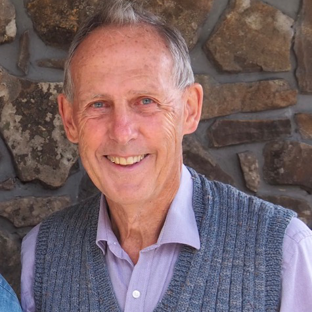
Bob Brown is an environmental and social justice campaigner and former senator. A founding member of the Wilderness Society, from 1978 he led the successful campaign against the construction of the Franklin Dam. He ...
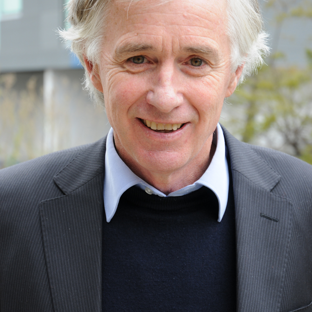
Mike Sandiford is professor of geology and director of the Melbourne Energy Institute at the University of Melbourne. As director of the Energy Institute, he oversees the university energy research portfolio, and has been responsible for developing its focus on the opportunities and challenges of integration of low emission technologies in large-scale, sustainable energy systems.
Mike is a geologist fascinated by the remarkable planet we inhabit. He works on landscapes, mountains and earth energetics, and is increasingly interested in the relationship between people and the planet. His research has taken him to many far-fetched parts of the planet, including Antarctica, remote Australia, Timor, Tibet, the Kunlun and the Himalaya. His privilege is to meet and work among peoples in communities that have lived for millennia in some of the most dynamic and remote parts of our planet.
Mike’s geological research on the origin and evolution of the continents has been published in over 150 research papers and was recognised with the award of the Mawson Medal for ‘outstanding contributions to earth science in Australia’. He is a regular contributor to popular press on geological issues and, especially, the role of humans as geological agents.
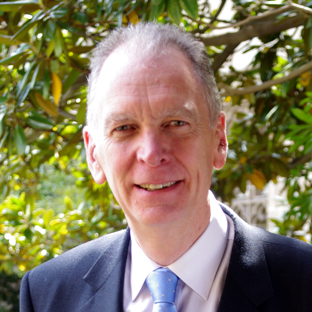
Dr Richard Aldous is chief executive of the Cooperative Research Centre for Greenhouse Gas Technologies (CO2CRC). With an extensive national and international career in resource development, technology research and executive management in both industry and government, Dr Aldous has worked with a number of international resource companies, including BHP, Newcrest, Iluka and WMC.
Dr Aldous has a PhD in economic geology and career experience in exploration-geoscience, chemical engineering, R&D portfolio management, business development, government policy, and corporate planning. His early career included research into new exploration concepts with BHP, and into the chemistry and industrial processes of cement manufacture with Blue Circle Industries.
He was with the Victorian Government for ten years, most recently as deputy secretary for the Department of Primary Industries, where his responsibilities included the geological survey, energy technology innovation, energy policy, investment attraction, and the regulation of mining, oil and gas, and pipelines.
Dr Aldous has played a leadership role in government action in technology development for climate change mitigation in both renewable energy and low-emission fossil fuel strategies. He initiated and has led Victoria’s carbon capture and storage (CCS) strategy, including the development of carbon storage legislation, geological investigation of storage capacity and programs for energy technology innovation that have funded carbon capture demonstrations and the Otway Project storage trials. He has also championed a large-scale CCS hub concept (currently in the exploration and feasibility stage) and has spoken extensively to stakeholders and local communities on CCS and energy policy.